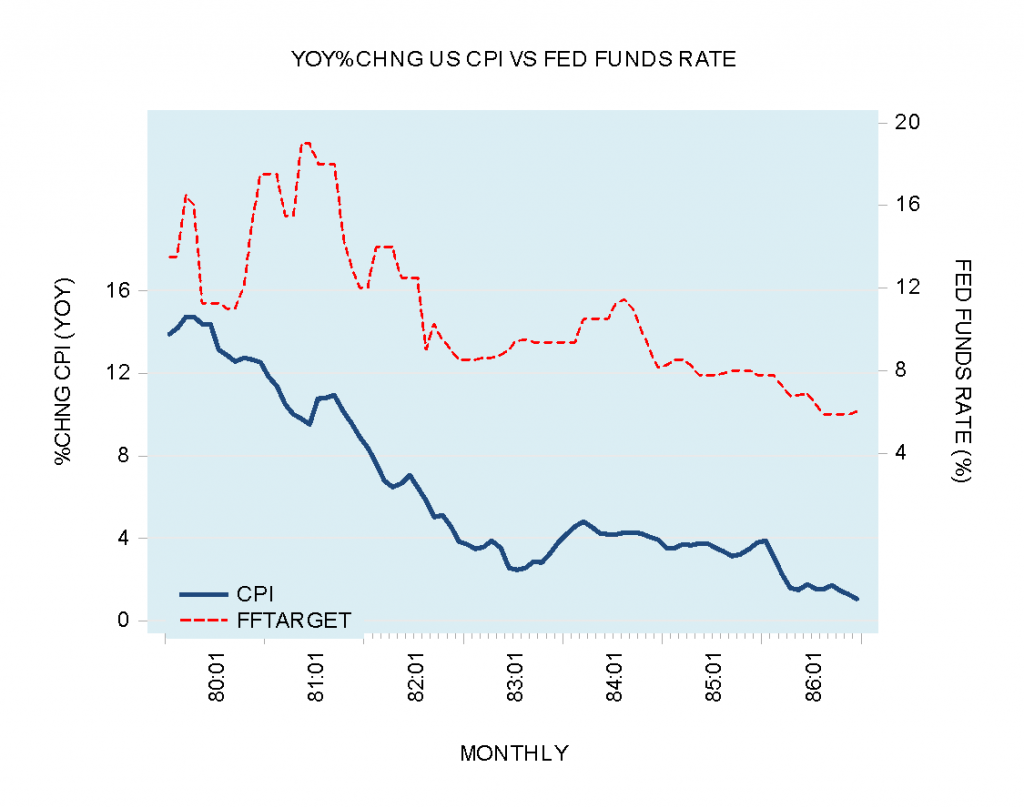Gordon Kerr, a banker with expertise in derivatives and foreign exchange, explores the evidence of moral hazard in the bank bail outs.
By rescuing the banks with taxpayers funds the Government won the approval of many who were horrified at the prospect of repeats of the TV footage of depositors queuing to try and take their money out of the first failure, Northern Rock.
Whilst the protection of depositors is to be welcomed, that protection could have been achieved by the adoption into the UK banking business model of the ‘honest money’ policies familiar to frequent visitors to this site.
What commentators dwelt less on at the time of the UK bailouts were the distortive effects on the market of continuing taxpayer support. The market’s cries for the emergence of new brands, perhaps even the revival of the genuinely mutual template, remain stifled. Why would depositors choose such new brands when the old mismanaged failures enjoy a government guarantee, albeit in some cases implicit rather than explicit?
If the frightening consequences of the new era of zombie banking were not plain enough, the report in today’s Daily Telegraph by Philip Aldrick removes any iota of doubt:
Northern Rock should not be allowed to complete a planned restructuring without paying financial penalties, Britain’s building societies have told European competition regulators, on the grounds that the nationalised mortgage lender will otherwise have an unfair advantage.
…
Northern Rock is planning to split into a “good bank”, BankCo, which will continue to lend, and a “bad bank”, AssetCo, which will house and run down the bad loans. The BSA, which represents Britain’s mutual lenders including Nationwide, said the break-up will allow BankCo “to lend freely, without having to absorb losses from non-performing loans, unlike all of its competitors”.
…
Northern Rock has one of the worst lending records of all UK banks. Some 39pc of its £62bn of mortgages are in negative equity, and it made a £724m loss in the first half on the back of £602m of bad debts. Without hiving off the loss-making mortgages, Northern Rock would only be able to lend profitably by charging uncompetitively high rates.
The lender has stressed, however that the restructuring is in taxpayer’s best interests as it will allow the bank to operate without further capital injections.
— via Mutuals fear Rock plan will distort market – Telegraph.
In Scandinavia, in the early 1990s, mass bank failures were resolved by the ringfencing and liquidation of ‘bad’ assets in ‘bad banks’ to enable the brands to continue with the performing loans or ‘good’ assets.
The difference between Scandinavia then and the UK now is twofold: firstly the scale of the failures was small – the banks were restored by the excision of a relatively modest amount of nonperforming property loans; secondly the miscreant senior managers were pursued in the courts for personal restitution. It is worth noting that in today’s money the average annual compensation of very senior bankers in Northern Europe at that time would have been around the £100,000 mark. Whatever restitution funds were actually extracted were clearly therefore meaningless when measured against the taxpayer cost of the bailouts.
However the pursuit of those deemed responsible dealt with the worst possible consequence of the bailout, moral hazard. This pursuit removed any temptation that the next generation of bankers might otherwise have sensed to overleverage their banks in reliance on the state on the basis that they personally would have nothing to lose.
The Northern Rock ‘good bank’ will continue with the state guarantee. Rather than emphasise the importance of ending this or paying for it, Northern Rock believe that the continuance of the guarantee is in the taxpayer’s best interests since it “will allow the bank to continue to operate without further capital injections.” The failure of the spokesman to make any reference to the source of such future “capital injections” (you and me), or to imply any doubt that such ‘further capital’ would be available if required, is staggering. The most worrying aspect of the quotation is the apparent absence of irony.
All UK big banks are now explicitly, not just implicitly, state guaranteed. That is why sterling has fallen, entrepreneurialism hindered, and bank shares have risen. Certain Parliamentarians have invoked the term “casino banking” to summarise the banking malpractice that has created the failure (nobody really believes the ‘global crisis’ explanation beloved of the PM).
The UK holy trinity of treasury, regulator and central bank have not only failed to deal with the moral hazard point, their actions have sadly exacerbated it. Senior bankers are enjoying the highest levels of compensation with even less personal risk than before.
Unfortunately for the trinity however, market forces remain at work. The authorities’ failure to even recognise, let alone address, the moral hazard issue regrettably enhances the probability of a new wave of ‘casino banking’ failures.
An afterthought — moral hazard defined
Moral hazard refers to the idea that certain types of insurance systems might cause individuals to act in a more dangerous way than normal, causing a difference between the private marginal cost and the marginal social cost of the same action.
— S Ross, ‘The Economic Theory of Agency: the Principal’s Problem’, American Economic Review, vol. LXIII (1973), 134-39




Comments are closed.